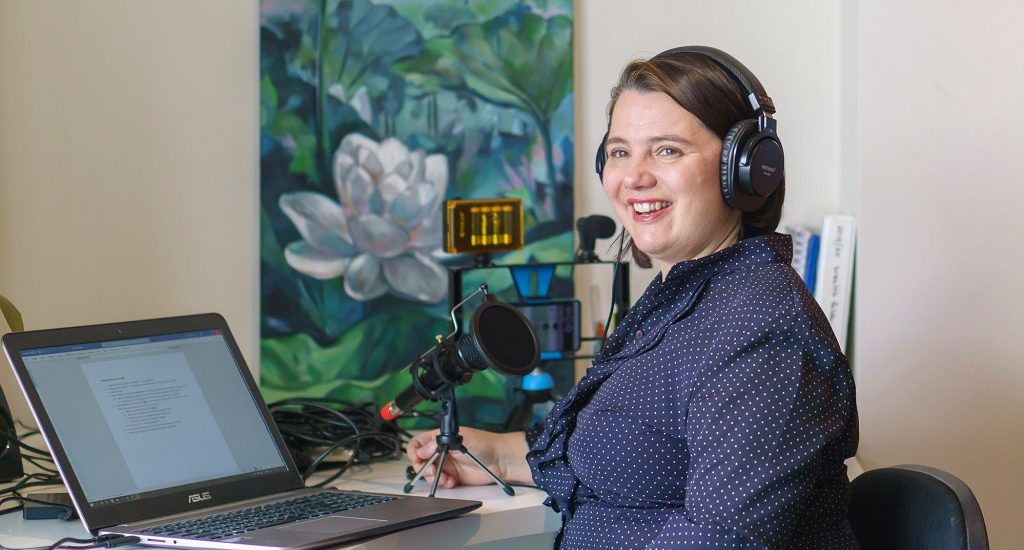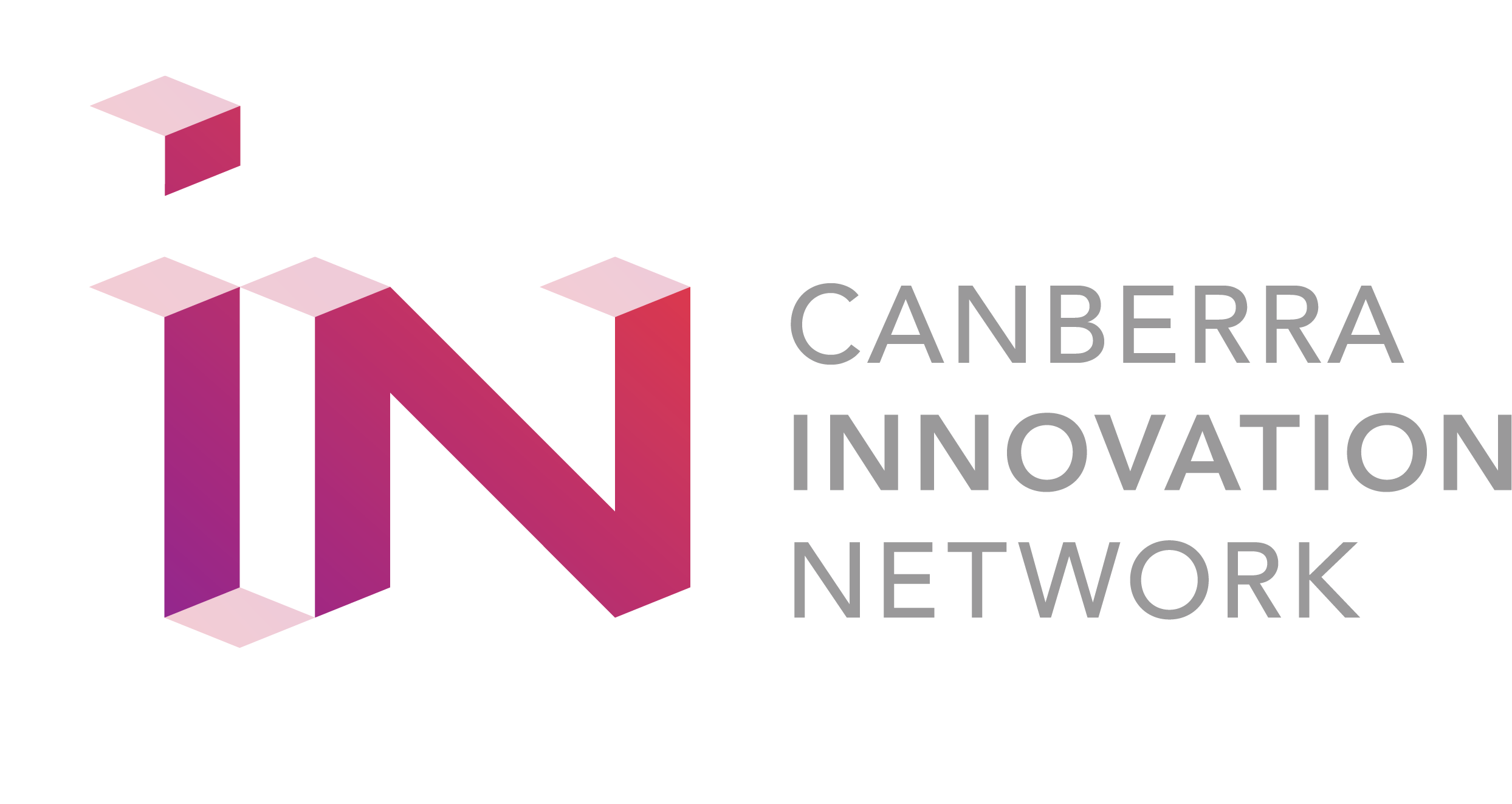- 9 August 2022
- Posted by: Canberra Innovation Network
- Category: General News

At the Canberra Innovation Network, we love to celebrate the wins and successes of our community, however, we also appreciate and learn from the challenges that being an entrepreneur and innovator can bring. In this series, we chat to entrepreneurs about the challenges they have faced on their innovation journey with the aim of highlighting the learnings and discoveries made along the way.
Tell us about yourself!
Hi, I’m Serina. I’m a former public servant who is now an author, podcaster, and business and money coach. I also have a passion for startups, including helping others with their startups.
I have three businesses: The Joyful Frugalista (book, podcast, money coaching which aims to empower people to save money, invest wisely and live well), The Joyful Startup Guide (book on startups, Facebook Live/YouTube series, startup support groups and coaching), and The Joyful Fashionista (an online marketplace for buying and selling second-hand clothes – kind of like a giant op shop).
Tell us about your startup, innovation, or workplace!
I’m passionate about assisting people to grow their abundance and live their dreams.
Tell us about a mistake you made in your business or innovation!
I know people often say fail fast, fail often (or early!), but when failure happens, it often feels like something that is shameful to talk about. At least, that’s been my experience. The biggest mistake I made was not trusting my own technical capabilities. I developed a website for The Joyful Fashionista myself. It needed some tweaking, and I was convinced it needed an entire custom site. I was referred to someone who ended up being, well, dodgy. Not only were they incompetent, but there was a lot of gaslighting, i.e. rather than admit they were wrong, they tried to claim that I just didn’t understand their technical brilliance (even though people who had used the site gave me feedback that basic functionality wasn’t working).
It was emotionally draining, and there was a week where I just felt depressed. Kind meaning friends and potential customers keep messaging me with problems, and the developer wasn’t even really responding to these. More than anything I felt, keenly, a sense of shame that I had let my community down. It would have been easy at this point to accept defeat and work away. However, I decided I would keep going. The website is up and running, and the accompanying app is underway.
What did you learn from this experience?
Once I managed to extricate myself from that horrid relationship, I decided to rebuild the marketplace myself. I later worked with a team from the ANU Techlauncher program, who helped find customised solutions to some of the glitches I was encountering. I discovered that I actually liked tech. Not just that, but I realised that a sense of curiosity and a willingness to learn are important traits.
When the problems were going down, I committed to helping others avoid the pitfalls that I did. I realised that women entrepreneurs, in particular, often lack faith in their own capabilities. As website developing is not a regulated industry, there can be shonky operators who take advantage of the unaware. (Note: there are also many who are good at what they do.) I’m currently working on a simple guide to eCommerce that aims to make DIY more accessible and also outline how you could work collaboratively and well with a website designer.
Is there anything you would do differently?
After the website issue went down, my husband said to me “assuming is good, checking is better.” While trusted friends and networks had recommended the website developer to me, and while conversations with him during development sounded positive, what I didn’t do request examples of similar work. At the time, I was told that their own website was under development, but I wish I would have trusted less and asked for more facts.
Do you have any advice or words of wisdom to offer?
We don’t share enough about the tech platforms we use. I think there’s often a fear that what we are using isn’t good enough. For example, I know of a multi-million-dollar business startup who is ashamed her business ‘only’ uses a Shopify platform (website looks great, by the way). We also don’t talk about the real cost of developing eCommerce or other platforms, and as I’m learning, website/app ripoffs and problems are far too common. (Only last week, I met someone who said their business was on its third custom website attempt.) We need to get over our fear of sounding stupid by asking questions about what we don’t know, and instead develop a spirit of curiosity.
You can keep up with Serina through her website and check out her new book, the Joyful Startup Guide and listen to her latest podcast episode!

